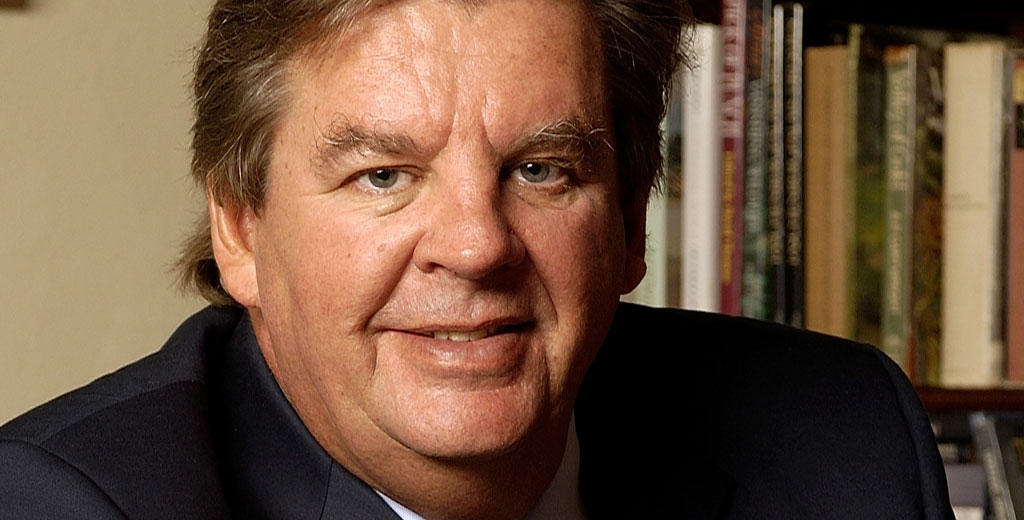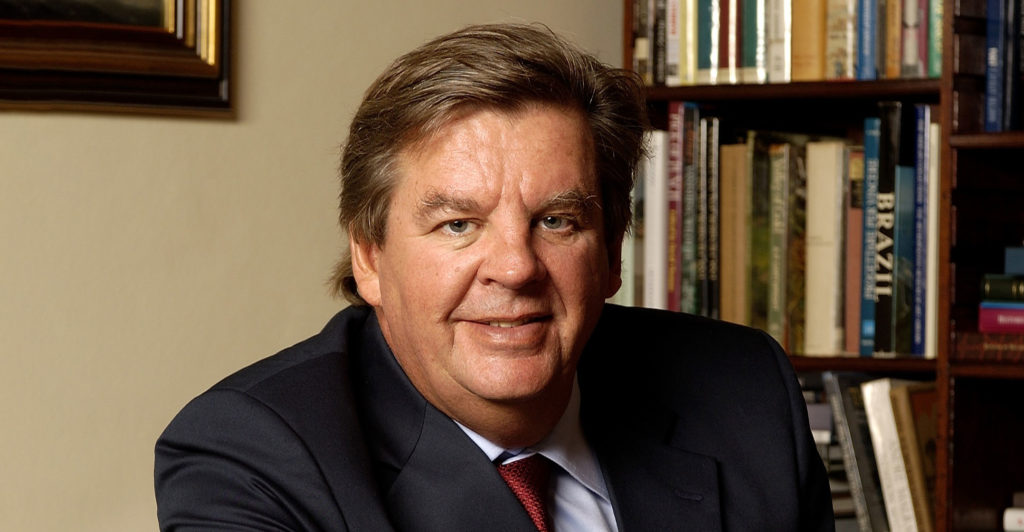
Johann Rupert, the billionaire who controls Cartier owner Richemont, envisions a future in which humans are displaced by robots in the workplace and have all the time in the world to travel. He’s betting the company’s money on it.
The Swiss luxury goods maker, whose brands also include Montblanc, on Friday disclosed a 5% stake in Dufry, the world’s largest duty-free retailer. Dufry shares rose as much as 7,5% in Zurich.
The purchase comes a week after Rupert predicted that artificial intelligence and robots will cause economic and social upheaval in the next two decades, drawing on the Second Machine Age theories of Massachusetts Institute of Technology professors Erik Brynjolfsson and Andrew McAfee. While a swath of the population may become unemployable, the uptake of work by machines and computers will fuel demand for leisure among those who can afford it, according to the 66-year-old luxury magnate.
“Man will have more free time,” Rupert said on a call with reporters last week when Richemont reported financial results. “What are we going to do in 15 to 20 years? Will they all play virtual reality games, will they be on Xboxes? I suspect travel will increase.”
Rupert predicted a wave of Chinese tourists will buoy the economic prospects of France, Italy and the rest of Europe. Dufry said earlier this month its Asian growth prospects have been boosted after Chinese travel conglomerate HNA Group built up a 21% stake. A 5% stake is worth about 460m Swiss francs (US$470m).
Richemont’s purchase makes sense, as the luxury goods maker needs more avenues to sell watches at a moment when many ailing retailers hold oversize inventories, Luca Solca, an analyst at Exane BNP Paribas, wrote in a note. The Swiss company follows in the steps of Louis Vuitton-owner LVMH, which owns the DFS duty-free chain.
Just as the industrial revolution created the concept of leisure and led to the birth of modern sports, the looming technological advances are set to fuel demand for cultural experiences, Richemont’s chairman said. He added that he’s a proponent of governments providing universal basic income to help those who get left behind.
“Will people travel again?” Rupert said. “The answer is yes, especially in the second machine age. We’ll have vast societal changes.” — (c) 2017 Bloomberg LP




